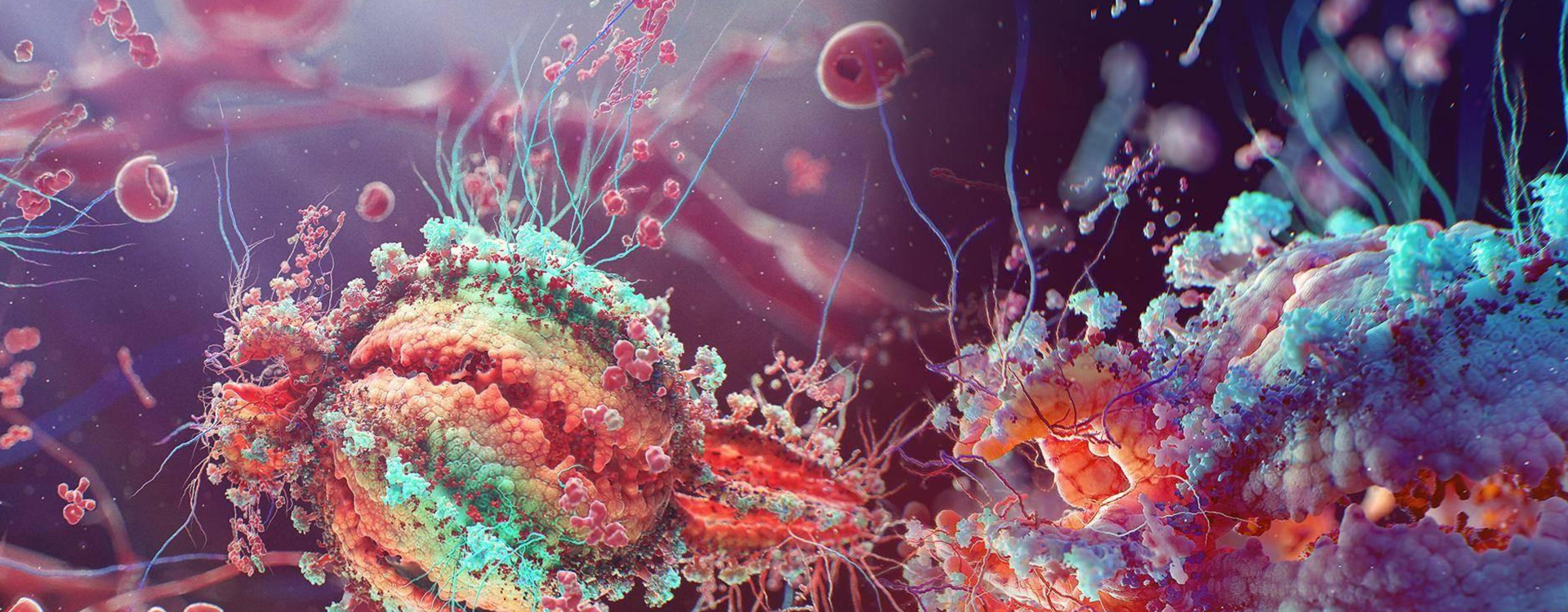Seminar Details
Seminar Title:
Restoration of the expression of miR-185-5p rewires cisplatin chemosensitivity in cisplatin resistant OSCC cells through downregulation of SOX9
Seminar Type:
Departmental Seminar
Department:
Life Science
Speaker Name:
Priyajit Biswal(521ls2001)
Speaker Type:
Student
Venue:
LS Seminar Hall
Date and Time:
31 May 2024 16:00 hrs
Contact:
Santosh Kumar #2787
Abstract:
Resistance to platinum drugs like Cisplatin, is a major difficulty to effective Oral Squamous cell carcinoma (OSCC) treatment, linked with tumor relapse. Compelling evidence has demonstrated that dysregulated expression of microRNAs (miRNAs) influences the development of cancer chemoresistance and tumorigenesis. Although couple studies have shown the involvement of miRNAs in OSCC chemoresistance, the exact molecular mechanisms in many cases are not clearly understood. In the current study, we intend to track down miRNA signature(s) and its associated targets imparting chemoresistance in OSCC. We analyzed array profiles of drug resistant OSCC cells. We obtained 101 significantly dysregulated mRNAs targeted by 83 differentially expressed miRNAs, out of which only 36 target genes are functionally enriched in tumorigenic and drug resistance-related pathways. Among the enriched miRNA-target pairs, we found miR-185-5p as a signature miRNA modulating chemoresistance in OSCC. Our qRT-PCR analysis validated that miR-185-5p is significantly downregulated in the cisplatin-resistant SCC9 (CIS-R-SCC9) and H357(CIS-R-H357) cell line, consistent with our findings from the array analysis. Subsequently, the gain of function study of miR-185-5p by mimic transfection increases cisplatin sensitivity by decreasing cell viability in CIS-R-SCC9/H357 cell lines. Furthermore, miR-185-5p treatment in combination with cisplatin increases drug induced DNA damage, intracellular ROS production and apoptosis in CIS-R-SCC9 cells. Mechanistic studies revealed that miR-185-5p sensitizes cisplatin by decreasing drug efflux and DNA repair by promoting the expression of miR-203a-3p through negative regulation of SOX9. This study will pave the way for employing this miRNA in therapeutic strategies to combat chemoresistance in oral cancer.


